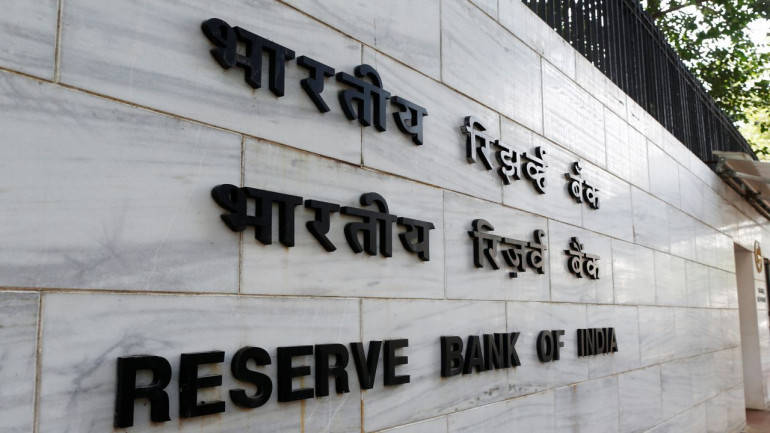
Credit registry: RBI Act may need tweak
Why in the news ?
- RBI Deputy Governor proposed the enactment of a special law to enable the proposed public credit registry (PCR) in order to resolve the deep data asymmetry in the financial system and prevent the bad loan accumulation.

More on news
- The Reserve Bank of India Act, 1934, may need to be amended to facilitate the setting of a public credit registry (PCR).
- With a low credit-to-GDP ratio of a modest 55.7 per cent, the country is still under-penetrated financially.
- India's redit-to-GDP ratio stood low against China’s 208.7 per cent, Britain’s 170.5 per cent and the US’ 152.2 per cent. Norway leads the chart with 245.6 per cent credit-to-GDP ratio.
- The proposed PCR can help the system move towards more equitable and timely access to credit, especially to the underserved segments, and thus democratise and formalise the credit flow, Deputy Governor said.
Public credit registry (PCR)
- The public credit registry would be an information repository that collates all loan information of individuals and corporate borrowers.
- A credit repository will help banks distinguish between a bad and a good borrower and accordingly offer attractive interest rates to good borrowers and higher interest rates to bad borrowers.
- The public credit repository will address information asymmetry, improve access to credit and strengthen the credit culture among consumers.
- It can also go a long way in addressing the bad loans problem facing the banking system, as corporate borrowers will be unable to lend from multiple banks without disclosing their existing debt.
- Setting up the public credit registry will help improve India’s rankings in the World Bank’s ease of doing business index.
- PCR to serve as a registry of all credit contracts irrespective of any threshold amount and has said it should be backed by a legal framework.
- The committee has also recommended that registry should also capture data such as external commercial borrowings, market borrowings, and all contingent liabilities to provide a holistic picture about the borrower’s indebtedness.
- Addressing privacy concerns, the committee has suggested that the data will be available to stakeholders like banks strictly on a need-to-know basis and privacy of data will be protected.
Source
The Hindu.

